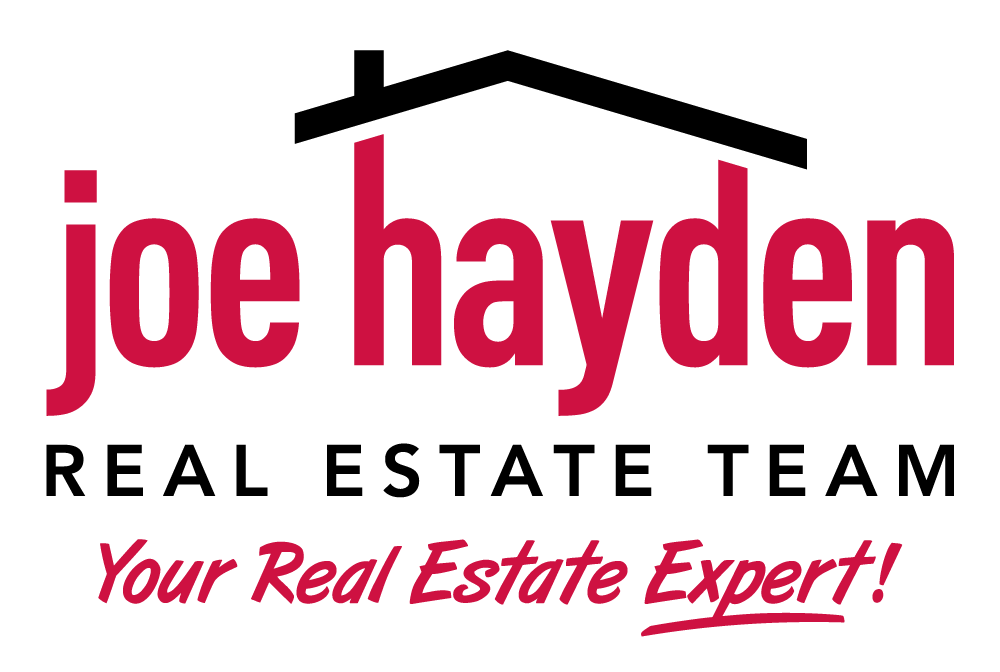Homeowners insurance is a critical component in any residential real estate transaction. Certain amounts of coverage are going to be specified by your lender, by regulation, and you will have the option of selecting additional insurance coverage depending on your personal needs.
For this topic we are joined by Mr. Chris Mackey, the Agency Manager for the Gardiner Lane office of the Kentucky Farm Bureau Insurance Company. Mr. Mackey has been involved with the business of insurance for over 13 years, in various roles from claims adjuster, to agent, to his current position as agency manager. We sat down with him for a question and answer session designed to help you learn all about homeowners insurance.
In general, what are the basic types of homeowners insurance policies available to the consumer?
One of the best policies on the market is referred to as “all-risk“. In this policy, your home is covered for a number of possible losses, unless a particular loss is specifically excluded in the policy. Make sure you review this in detail with your insurance agent. Another type of insurance policy is called “named peril“. This type of insurance covers you from loss due to specific occurrences.
What policy minimums are typically required by a lender?
Most of the time, the lender requires you to maintain coverage at least equal to the value of the loan. When you close on your home you will see in the mortgage contract that the lender requires hazard insurance. Sometimes, an escrow account is used to ensure that adequate funds are available to pay the annual insurance premiums.
A lender may also specify a maximum deductible that you may carry on your policy, plus you may be required by policy or regulation to carry separate flood insurance on your home.
What additional coverages do you frequently see requested for insurance?
Due to the recent rumblings from the Wabash Valley Fault Line we have seen a dramatic increase in requests for earthquake insurance! It is something we don’t usually think about in this area, but there are major fault systems nearby that are capable of damaging your house.
Other types of additional coverage can include protection if your sump pump overflows, or if there is a water backup through the drainage system in the basement. There are numerous important exclusions that usually come with water backup coverage, so be sure to ask questions and thoroughly read your policy. Also, some homeowners opt for coverage for jewelry, silverware, or other valuables in case of loss.
How does the style of the home affect insurance rates?
A few types of homes are going to incur higher premiums due to the materials used in construction. A frame home where the majority is not brick will have a slightly higher premium than an all-brick home. More expensive materials will require a higher coverage amount on the home which will result in a higher insurance premium. Newer homes are relatively less expensive to insure since they should all be up to current code with current materials.
How is a condominium insurance policy different from one for a detached single-family home?
Condominium complexes are covered by a master insurance policy that insures the actual structure, the roof, and the exterior walls. Homeowners must insure the interior of the condo, and you will typically hear this referred to as “the drywall in”, literally meaning that the insurance coverage begins at the drywall and continues into the interior of the condo. You must review your specific policy to fully understand exactly what is covered for you. Some policies may only cover the “paint in” so touch base with your insurance agent on how this pertains to you.
What information do you need to know to give an accurate insurance quote?
Some items that the agent will review when you call for a quote are the address, the purchase price, the style of construction, the year built, plus any known liabilities such as a pool or vicious dogs (some companies will not cover you for liability if you have a dog that is classified as ‘vicious’). Without getting into a great bit of detail, these give you a rough idea of what types of questions will be asked.
Also, if you intend to request additional coverages for personal property, earthquake coverage, additional water backup, or any other coverage requirement, it is a good time to ask that these be included in the quote.
How can I save money when getting homeowners insurance?
One of the best ways to get a better rate is to make some inexpensive changes to your home. Install deadbolts, have a fire extinguisher on hand, get smoke detectors, and consider having a security system installed that is wired through the phone lines to a call center. In addition, you will be eligible for discounts for getting all of your insurance from one carrier as a package, including home, auto, life, etc.
Mr. Chris Mackey can be contacted through the Kentucky Farm Bureau website, or by calling 502-459-4507 during business hours. It would be his pleasure to help you with all of your insurance needs.




















Pingback: louisville ky